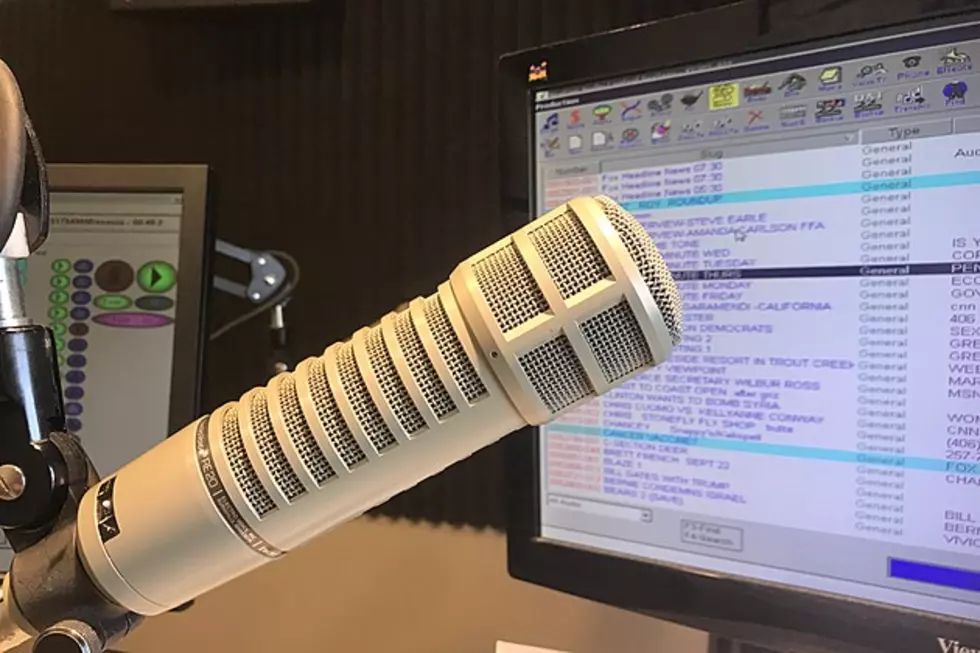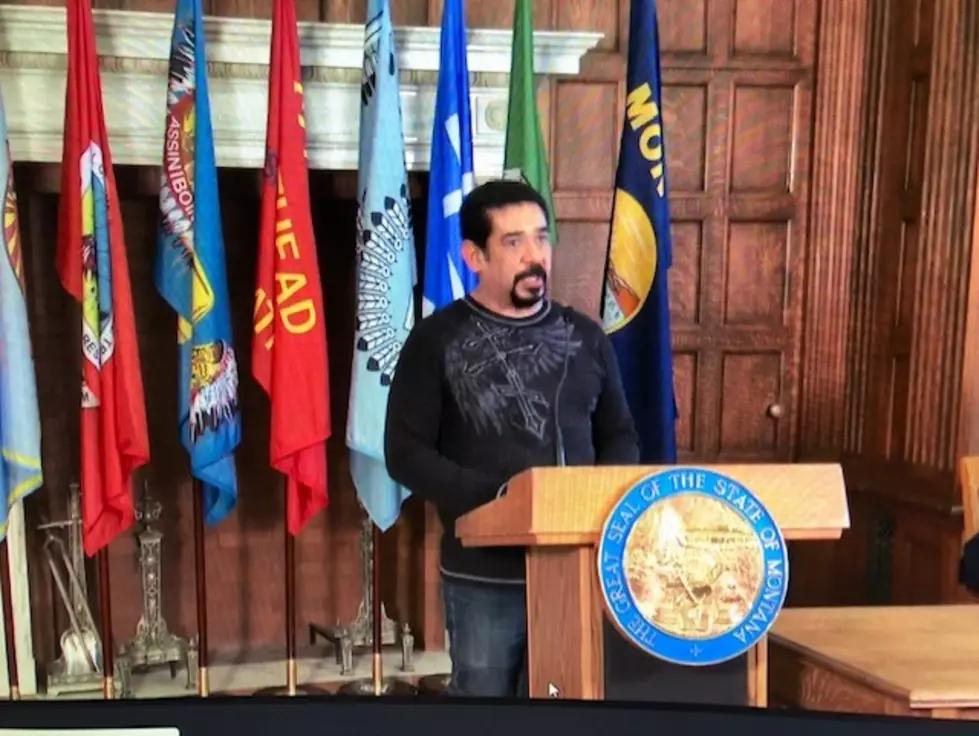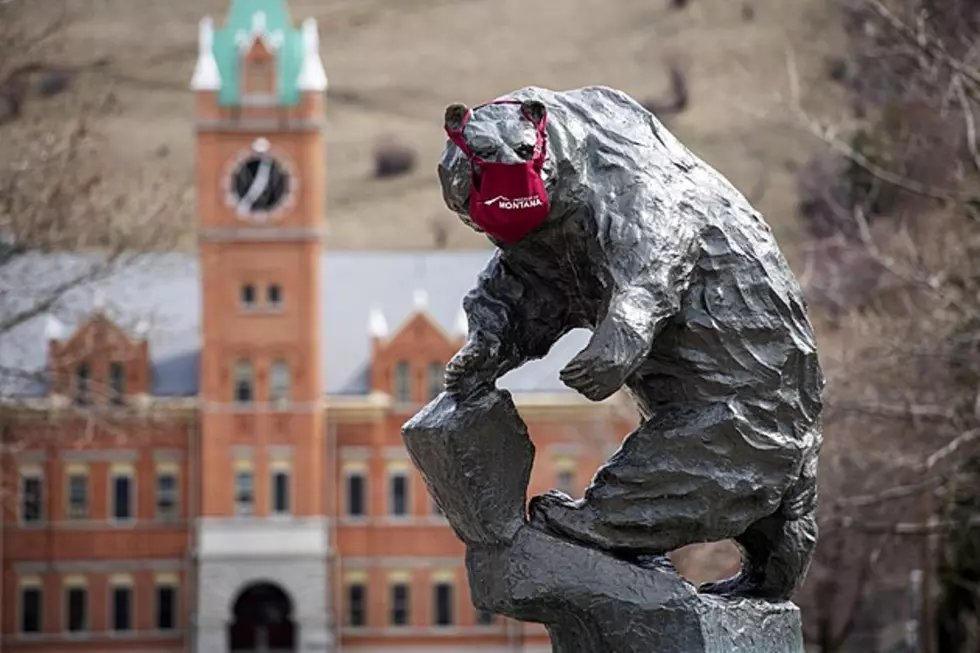
As Numbers Drop Governor Bullock Hosts U.S. Surgeon General
Governor Steve Bullock held a COVID 19 press conference in Helena on Thursday and hosted the nation’s top medical officer, the U.S. Surgeon General, Vice Admiral Jerome Adams.
Bullock said there are encouraging signs that restrictions put in place in late November are bearing fruit regarding COVID 19 numbers.
“On November 20th, we put in place some new restrictions,” said Bullock. “In the two weeks since its implementation case counts across Montana have started to decline. In some of the larger counties, a similar trend is apparent. Case counts in Yellowstone County have decreased by 36 percent and in Gallatin County by 38 percent since November 20th.
Surgeon General Adams explained why the federal government is so concerned about the growing number of COVID cases on Montana’s Indian reservations.
“The percentage of Native Americans in Montana is about 7 percent,” said Adams. “The number of cases is closer to about 19 or 20 percent, and the number of deaths in Montana is about 30 percent. In terms of Native Americans, this is unacceptable. But it shows how this virus has preyed on people who have not just pre existing medical conditions, but pre existing social conditions that conspired to reduce our resilience, our opportunity and our health.”
Adams plans to visit the Fort Peck Reservation on Friday.
Adams continued to pound the nail of wearing masks, social distancing and constant disinfecting of surfaces to keep the COVID 19 virus in check.
“Montana has proven that these mitigation efforts work,” he said. “You have successfully in the midst of cases going up around the country, been able to decrease your positivity rates. So I want you to understand the science. The public health is evolving day by day, but we know more than we ever have before about this virus.”
Adams said despite the fact that several vaccines will be making their way into cities and towns across America, the COVID 19 battle will go on for some time into the future.
“We will likely have to continue mitigation efforts through the middle of next year,” he said. “And that's regardless of whether you get vaccinated or not. When we evaluate these vaccines, we actually evaluate them to determine whether or not once someone gets infected whether or not they end up in the hospital or have serious complications and die. That's what we're evaluating. Having a vaccine does not mean that you cannot get infected. It means that if you get infected, you are less likely to have complications, and that hopefully you're less likely to spread the virus to other people.”
Governor Bullock again emphasized that the first to receive the vaccines due to arrive next week will be frontline healthcare providers, as well as residents and staff of rest homes and assisted living facilities.
The Funniest Coronavirus Memes & Tweets That Will Get Us All Through This
More From Newstalk KGVO 1290 AM & 98.3 FM









